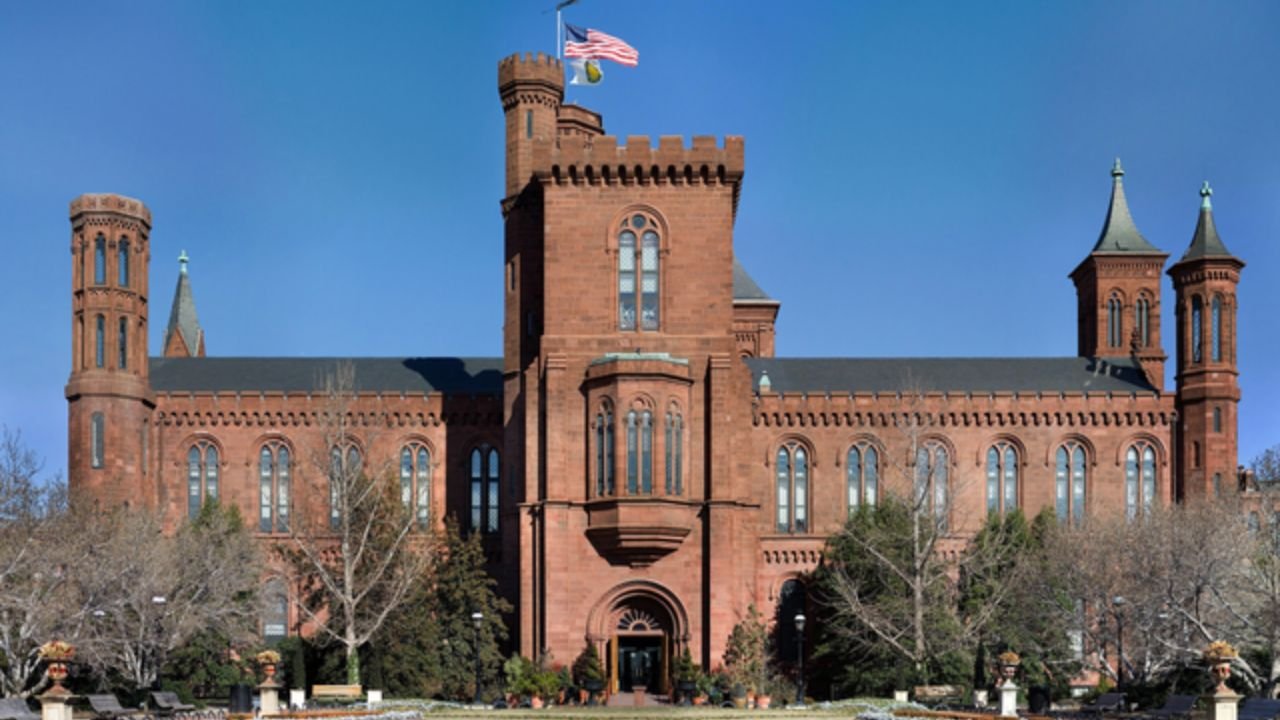ILLINOIS — Immigrant communities and civil rights advocates are raising alarms after it was revealed that the Trump administration transferred the personal Medicaid data of millions of immigrants — including thousands in Illinois — to the Department of Homeland Security (DHS), igniting deep concern over privacy breaches and potential deportation escalations.
What Happened: Data Shared With Deportation Authorities
According to internal documents and reporting by multiple outlets, including NBC Chicago, the Centers for Medicare and Medicaid Services (CMS) were instructed to hand over the data with just 54 minutes’ notice — a timeline critics say left no room for legal or ethical review.
The data included sensitive immigration status information of non-citizens enrolled in Medicaid programs across Illinois, California, Washington, and the District of Columbia — all states that allow undocumented immigrants to access Medicaid using state funds.
Illinois Enrollees Among Those Affected
While the federal government claims this action was within its rights, Illinois officials and health care advocates disagree. A June 6 memo from Medicaid Deputy Director Sara Vitolo, obtained by WILX, indicates that CMS had initially resisted the directive, warning it may violate federal protections, including the Privacy Act of 1974 and the Social Security Act.
Illinois was specifically named as a state that complied with the request, sharing detailed enrollment information on non-U.S. citizens. This has prompted immediate concern over how that data might now be used — particularly in the context of increased ICE raids, deportation efforts, and military support from National Guard and Marines.
Governor Offices, Civil Rights Groups Sound the Alarm
In response to the news, California Governor Gavin Newsom’s office released a statement labeling the action “extremely concerning,” and stressing that the privacy of all state residents — regardless of immigration status — must be upheld. Similar sentiments were echoed across Illinois and Washington as public scrutiny of the Trump administration’s immigration enforcement policies intensifies.
Health and Human Services spokesman Andrew Nixon defended the move, saying the department acted “entirely within its legal authority.” However, legal experts and immigrant rights groups disagree, suggesting that using health data to target individuals for deportation could have chilling effects on immigrant communities seeking necessary care.
The Executive Order Behind It
The data transfer stems from Trump’s executive order titled “Ending Taxpayer Subsidization of Open Borders,” which aims to identify and reduce the number of non-citizens benefiting from public programs. Critics say the order enables weaponizing public health information against immigrants and deters them from seeking vital services like Medicaid, especially during public health emergencies.
“People may start avoiding hospitals or routine care out of fear their information will be used against them,” said one Illinois health policy analyst who asked to remain anonymous.
Potential Consequences for Immigration Status
Immigration attorneys have warned that this kind of information could jeopardize green card applications or citizenship paths, especially if federal authorities determine that an individual improperly benefited from federally funded Medicaid programs.
“This goes beyond enforcement — it’s a calculated attempt to use confidential data to undermine lawful immigration pathways,” said an immigration attorney with the ACLU of Illinois.
Growing Pushback and Legal Questions
Medicaid officials had tried to prevent the data release, with one senior CMS official warning in internal memos that it could constitute a breach of patient confidentiality and federal healthcare privacy laws. Despite these objections, the data was released, and DHS has yet to offer a public response.
Civil liberties organizations are now weighing potential lawsuits. The Chicago-based Shriver Center on Poverty Law is reportedly exploring legal avenues to block similar data transfers in the future and to compel CMS to enact stronger safeguards.
What Residents Should Know Now
-
If you or someone you know is a non-citizen enrolled in Medicaid in Illinois, your information may have been shared with federal authorities.
-
Legal aid groups such as the National Immigrant Justice Center and the Illinois Coalition for Immigrant and Refugee Rights (ICIRR) are offering support and consultations for those concerned about their data privacy and immigration status.
-
Residents are encouraged to seek legal advice before altering their use of public health services, as avoidance of care can pose serious health risks.
Are you concerned about the privacy of public health records or the weaponization of government data? Share your thoughts with us and learn more about how this decision may affect your community at ChicagoSuburbanFamily.com.














